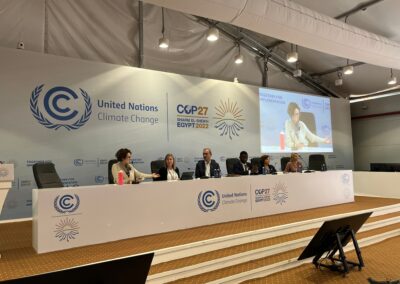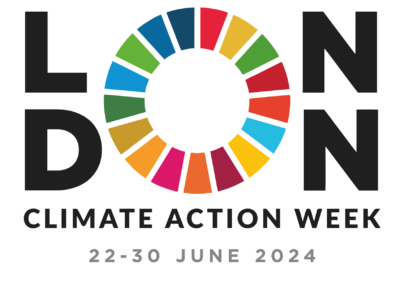Mudasir Yatoo is a Research Associate at Imperial College in London. In this blog he presents the case for the rich advanced countries making their new hydrogen technologies freely available to the poorer regions of the world.
In my part of the world, it is common for a mystic to renounce the world. Sheikh Nooruddin Noorani – one of the most revered Sufi saints in Kashmir, my hometown – followed suit and lived most of his life in caves. I understand the philosophical basis, that the act of renouncing is an act of high morality, that it is an active choice of deciding against being part of the structural violence in our world. I, however, never understood the extent of it; that even pursuing a PhD on a supposedly noble theme of sustainable energy could end up contributing to an exploitative if not oppressive system. I came face to face with it when a friend suggested visiting the Science Museum, a couple of minutes walk from Imperial College, during our lunch hour. There, it is very vivid how the early scientific developments contributed to the power, and later to the repressive colonial ‘explorations’, of Britain.
Shall I renounce the world, therefore? And is renouncing – in the face of an existential threat of climate change – still an act of higher morality? It is not the 11th century of Nooruddin anymore and humankind, unfortunately, has caused severe damage to the planet since. Giving up on the world would be akin to giving up on human civilisation and not playing any part in mitigating the threat. So, is there a way out of this catch-22 situation, wherein doing nothing or doing something both appear to be bad options? A tiny part of us humans, at least, I believe, want to make a positive contribution to the world we live in.
In my head, therefore, a natural dilemma for people in the scientific community, is whether it is possible to produce an inclusive non-exploitive hydrogen technology, for example. The present dynamic is such that any technological innovation produced is not inclusive since it is not available to all, particularly to the poorer sections of our world; recall the Covid vaccine! It is also always going to be the case that technological innovation will happen in the rich institutions almost entirely based in the ‘developed’ world and are, therefore, either unavailable or available at exorbitant prices to the poorer regions. This is in addition to the fact that the lion’s share of the raw materials needed for these technologies are mined in poorer regions, causing further local environmental damage and social tensions. Therefore, whilst hoping to work towards noble sustainable technological innovation, one might end up contributing to exploitive endeavours, at least, in an economic sense.
Luckily, we recognise this inherent inequality and, therefore, the principle of common but different responsibilities (CBDR). This is exhibited, for example, in the recent agreement at COP27 to establish the loss and damage fund. Unfortunately, the fund is fragile and the contributions to the proposed fund are neither mandatory nor linked to historical emissions. In addition, the target proposed by developing countries to provide $100bn each year by 2030 is inadequate. More importantly, however, the philosophy that the fund is built on – that we need a temporary intervention – is short-sighted. The world is unequal and will stay so, at least for the foreseeable future and we will continue to have this imbalance of polluter-rich-technologically advanced countries vs poorer regions; the difference is that it is the US and the UK right now and it will be China and India in the next few decades. The fund, therefore, leaves the problem unaddressed, in part, at least. What if the rich-advanced countries make their commercialised sustainable technology freely available to the poor disadvantaged regions as a contribution towards climate change-induced disasters? This reimagining of intellectual property (IP) rights as a permanent alternative to the fund fits particularly well given the technology development happens in the developed world’s universities and laboratories that are heavily funded by the taxpayer’s money, but the benefits of commercialisation are reaped by corporations mostly. Again, recall the Covid vaccine!
This reimagination of IP dynamics avoids putting further pressure on the developed world’s public to pool more of their tax money for the fund. This probably explains the lacklustre, even shameful, contribution of $24.5m by the biggest US emitter at the ongoing COP28, when the annual need is around $400bn. There is poetic justice to this IP overhaul too – the industrialised rich nations using technology to ‘pay’ the poorer regions of the world, the technologies which were/are made possible by the riches of early industrialisation that heavily contributed to climate change in the first place. More importantly, though, we are in desperate need of reimagining the global IP architecture and we must not wait for the 11th-hour intervention like we did in the recent Covid-19 pandemic and missed the opportunity to save lives, millions of them. The time is now! The time to stop making ‘mystics’ of us is now!
Mudasir Yatoo was awarded a Networking Scholarship to attend COP28, enabled by a partnership between the UK Universities Climate Network, the UK Embassy Science and Innovation Network in UAE and the Research England funded Centre for Postdoctoral Research in Infrastructure, Cities and Energy (C-DICE).


